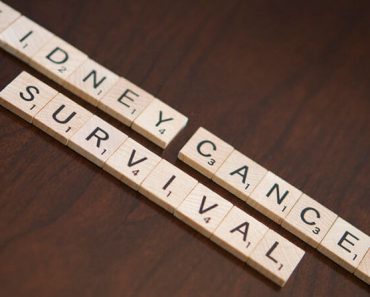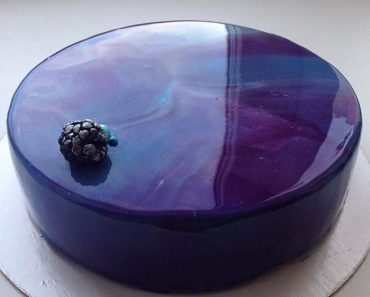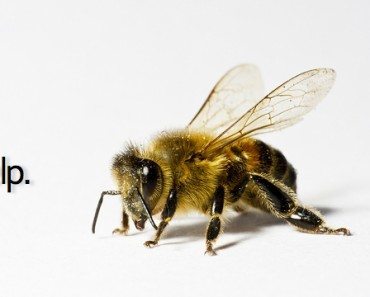
Photo: Health Magazine
With the passing of the holidays and all the snacks that come with them, doing a juice cleanse may start to sound appealing. The possibility of riding yourself of all the “toxins” from those holiday meals by drinking tasty juice sounds like a solid option to get a “New Year, New You” goal going. But what really happens to your body when you do a juice cleanse? Is it really necessary to take extra measures to rid your body of “toxins”? The answer is no, and here’s why.
1. Your body has built-in mechanisms to rid toxins from your body.
Your liver, kidneys, spleen, lungs, and even your skin work hard to remove toxins from your body. They break down everything you consume into nutrients your body needs, absorb the good stuff and send waste where it needs to go. All of this happens naturually without you needing to think twice about it.
2. Your body doesn’t need a “break” after binging on sweets and treats.
It might feel like your body is aching for a health food cleanse after days of eating unhealthy, but that’s not the case. Your organs don’t need a “break” from doing what they do best. Sure, you might genuinely crave some simpler or healthier foods, but you don’t need to deliberately do anything to ‘reset’ your organs.
3. You can get back to the basics just by simply returning to your every day diet.
The best way to start feeling like yourself again is to eat a balanced diet of mostly whole and minimally processed foods. It’s also helpful to get back to some good quality sleep, maintaining those stress levels, and doing some kind of exercise. If you’re looking for a specific diet plan to get you back off the processed sugars, try Whole30.
4. Cleanses are not amazing for your mental health or your relationship with food.
Just like going on a diet can make you hate yourself, doing a juice cleanse does a really good job of doing making you feel that way too. Hunger and deprivation cleanses set you up for failure as most people eat to the point of discomfort once the cleanse is over. Cleanses can also trigger disordered eating and full-blown eating disorders in people who are at risk. Like other forms of restrictive eating, cleanses make you ignore your hunger cues, which causes them to get out of whack, and ultimately creates more angst with food.
If you struggle in general with your relationship with food, cleanses are likely to just make that worse, rather than provide some kind of “reset.”
5. You might lose weight, but it’s mostly water, stool, and maybe with some muscle.
Although you will likely see weight loss while on a juice cleanse, it’s an extremely unhealthy way to go about it. Fruit or vegetable juice is not a magical weight-loss elixir. You’ll lose weight because you’re most likely taking in far fewer calories than your body needs. And the weight you’re losing is going to mostly be three things: water, stool, and, because you’re consuming almost no protein, muscle.
6. The amount of sugar in fruit juice is insane.
On a juice cleanse, your body will experience fluctuations in blood sugar that are likely more extreme than what it experiences day-to-day during regular eating. When your body has to process a whole bunch of sugar at once, your pancreas will release insulin to process the sugar that’s been introduced into your bloodstream. This insulin response can cause your blood sugar to drop too low, which could make you feel lightheaded, dizzy, and fatigued, especially if you’re someone who is particularly sensitive to changes in your blood sugar. Cleanses can also have harmful effects on your blood sugar and electrolyte levels, which makes them risky for people with diabetes, heart problems, kidney disorders, or other underlying health conditions.









Hii